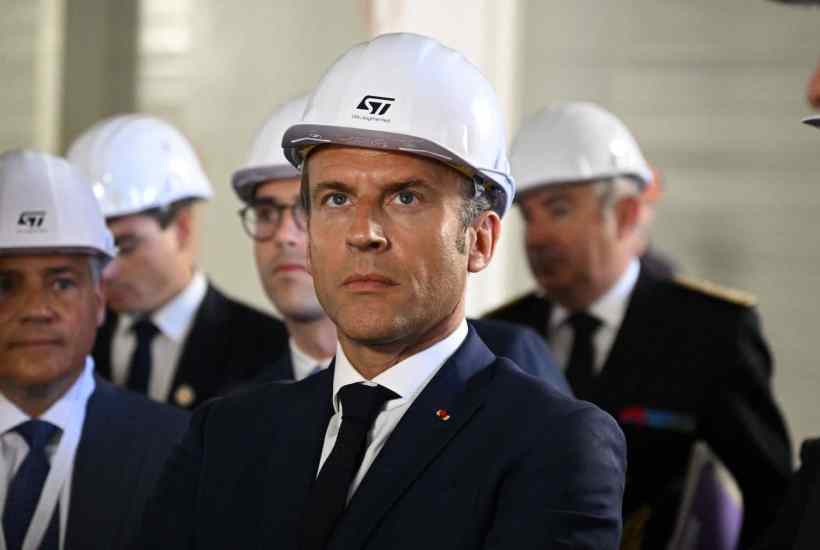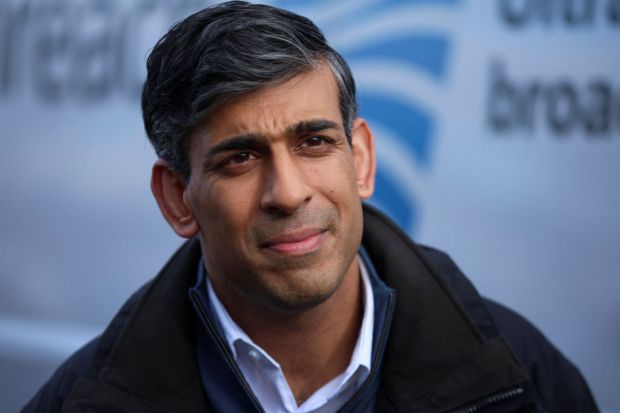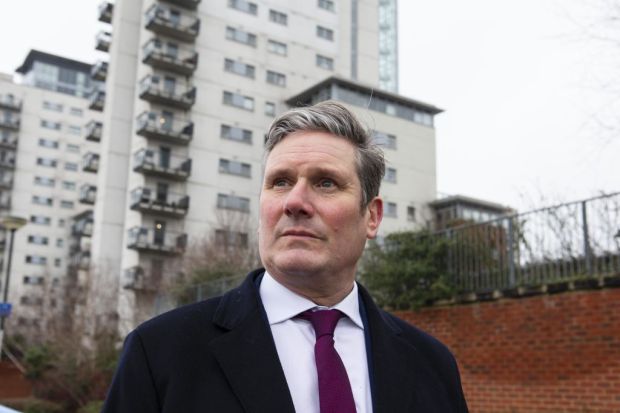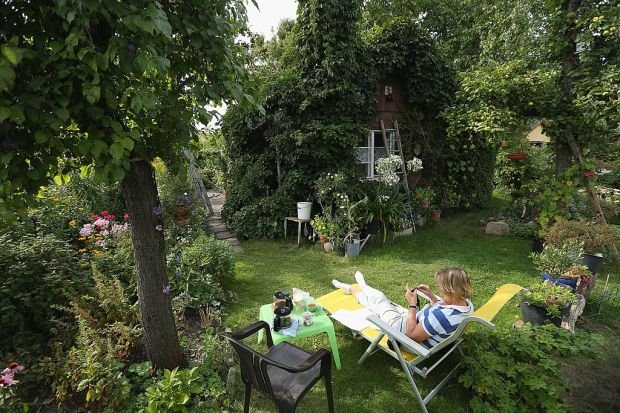‘We are living the end of an era of abundance,’ according to Emmanuel Macron, ‘the end of the abundance of products and technologies, the end of the abundance of land and materials, including water.’ It is hard to see how water has become less abundant, being the ultimate renewable resource, which evaporates before falling back to Earth as rain. Rewind a year and people in parts of Europe, you may remember, were complaining about a super-abundance of water – in the form of the Rhineland floods.
But let’s leave that aside and assume that Macron’s remarks were more immediately prompted by a shortage of energy. France, in common with other European countries, is suffering from soaring gas and electricity prices, hugely exacerbated by the war in Ukraine and Putin’s choking-off of gas supplies to western Europe – only a fifth as much gas is making it through the Nord Stream 1 pipeline as was getting through in February.
But in France’s case, there is another acute problem: the non-performance of its nuclear power stations. Of all European countries, France ought to be the most insulated from the explosion in gas prices. Seventy per cent of its electricity is generated by nuclear power. Trouble is, 32 of France’s 56 nuclear reactors are currently offline, either for planned maintenance or because of worries over cracks.
Hopes that many would be back online by the autumn were dashed by an announcement by their mainly government-owned operator EDF yesterday. The French nuclear sector is undergoing the same sort of crisis which afflicted the British railway network after the Hatfield crash in 2000 or the UK housing stock of flats after the Grenfell Tower fire in 2017 – and just at the very worst time. The problem is compounded by Macron’s decision to freeze household energy prices for six months at the equivalent of around £800 a year. Not only is it piling up vast debts for future taxpayers it is also destroying the market mechanism which would normally be helping to bring demand for electricity back in balance with supply. Few UK households are likely to be wasting electricity over the next few months – we all have a heavy incentive to cut our usage as much as we can. French households do not have the same incentive to reduce demand. As a result, wholesale prices for electricity are spiking even higher in France than in Britain – with forward prices for this winter reaching €1,500 per MWh on Thursday.
It would be reassuring to think that Britain could at least stand aloof from the French nuclear crisis, but alas, no. Our own electricity market assumes that we can buy surplus electricity from France via three undersea interconnectors – which allow us to import and export electricity, depending on where the need is the greatest. In recent years the net flow of electricity has tended to be towards Britain – in 2019, Britain sold 0.7 TWh of electricity to France and imported 11.9 TWh from it. Yet in recent months, the flow has been reversed – we have become a net exporter to France.
That is not the only external problem faced by the UK electricity market. Last year, a new interconnector opened with Norway, allowing Britain to import surplus power from Norwegian hydro plants and export surplus power from our wind farms. As with France, the net flow of power in the early months of operation was very much towards Britain. Yet with low rainfall starving Norwegian lakes, Norway doesn’t currently want to export the reduced output of hydro plants.
In other words, the electricity crisis in Britain is not just down to soaring gas prices – it is also a product of efforts to balance our own supply with sources of power from abroad. President Macron might like to blame the abstract end of the ‘age of abundance’ for power problems in France – but France’s creaking nuclear sector might just put the lights out in Britain this winter, too.
Got something to add? Join the discussion and comment below.
Get 10 issues for just $10
Subscribe to The Spectator Australia today for the next 10 magazine issues, plus full online access, for just $10.





















Comments
Don't miss out
Join the conversation with other Spectator Australia readers. Subscribe to leave a comment.
SUBSCRIBEAlready a subscriber? Log in